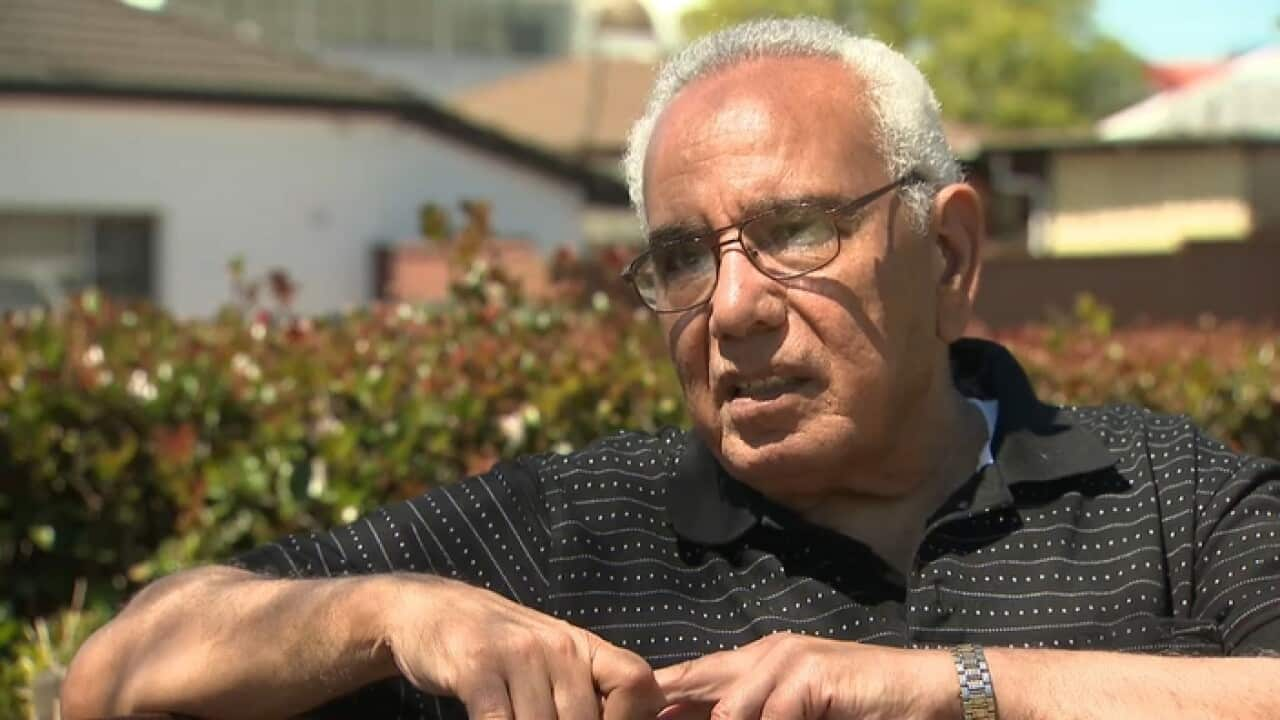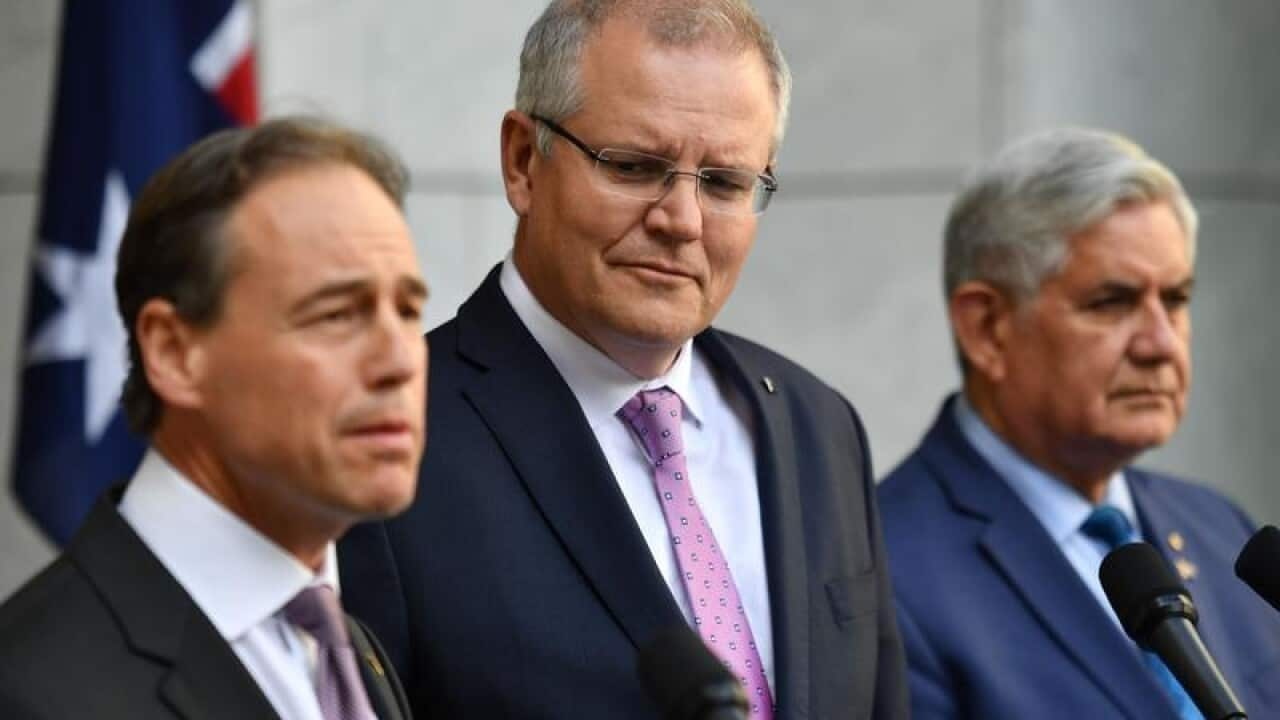Multicultural groups say they want culturally-appropriate services to feature in the Royal Commission into Aged Care Quality and Safety.
But the peak industry body for Australian aged care providers said the costs of such extra services will need to be borne by either the Federal Government or aged care residents themselves.
Leading Age Services chief executive Sean Rooney said in a statement that while the body supports a system that delivers accessible, affordable, quality care for all older Australians, “consideration will ... need to be given to any additional associated costs and how these are funded,” when it comes to culturally-specific services.
'The nurses push me'
The royal commission was announced by Prime Minister Scott Morrison last month following shocking cases of abuse and neglect.
“I’d prefer to live on the street than in the nursing home where I am now,” one woman told SBS News while on a day trip out with community group Muslim Care.
“Some of the nurses push me,” she claimed.
The group said they were looking to support her transfer to a different facility.

Ali Hassan dreads going into aged care. Source: SBS News
Another member of the community group, 72-year-old Egyptian-born Ali Hassan, told of his dread over the prospect of going into aged care:
“Being ignored, being ill-treated, you don’t get what you want. I don’t know what type of facility I’ll be in.”
'Culturally-appropriate care'
In December 2017, the Federal Government announced its . But Aged Care Minister Ken Wyatt this week declined to directly answer questions about culturally-appropriate care, and the funding for it.
He said though, that he wants the royal commission's terms of reference to be as inclusive as possible.
Emma Campbell, chief executive of the Federation of Ethnic Communities Councils, said she was pleased the sector’s failings would be in the spotlight due to the royal commission, but wants to make sure the needs of elderly Australians from culturally and linguistically diverse backgrounds will be addressed.
“Giving culturally-appropriate care means ensuring that translators and interpreters are available at the right time, and when appropriate to also have bilingual staff,” she told SBS News.
“It means ensuring that an individual has access to food, literature, music - those things that remind them and keep them in contact with their own culture.”

Muslim Care community members exercising in Sydney. Source: SBS News
Ms Campbell said another issue to be considered is the need to fulfil residents' cultural needs at the end of their lives, including access to spiritual and religious advisors, or simply to be in an environment that reflects their cultural beliefs.
“For some communities that might be just involving close family members and it might be very peaceful. For other communities, it might involve large numbers of people, and it might be more of a celebration.”
Ahmed Mokachar, chief executive of Muslim Care, told SBS News he doubts it is possible to offer culturally-appropriate care in all general facilities due to cost and the large number of cultures involved.
Instead, he has plans for the group's first Muslim-only aged care facility in Sydney with a “homely” feel he hopes will reassure both residents and their families.
Such facilities, he said, especially benefit people with dementia who revert to their first language.
“It creates an environment where the patient can go back to their roots, and remember as much as possible from their backgrounds.”



